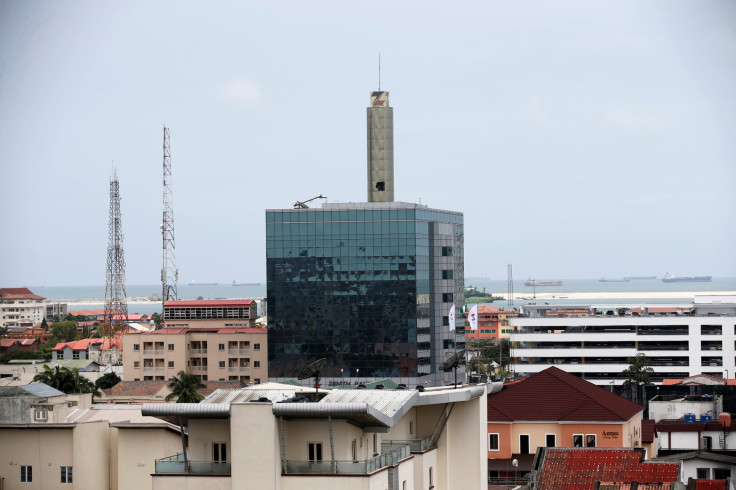Nigeria Recession 2016: Economy Slumps As Oil Woes Continue

Nigeria has entered a recession and it's largely the work of the oil industry.
The country's economy contracted by 2.06 percent in the second quarter, between April and June, this year, according to figures from the Nigerian Bureau of Statistics (NBS). That's the second straight quarter of declining growth or "the usual definition of recession," as the BBC pointed out.
Declining oil prices have hurt a number of countries worldwide, like Brazil or Russia, as well as U.S. towns that saw massive growth amid a fracking boom. Nigeria was hit especially hard by the decline in oil since crude oil sales account for 70 percent of government income.
"A lot of Nigeria's current predicament could have been avoided," Kevin Daly, of Aberdeen Asset Management, told the BBC. "The country is so reliant on oil precisely because its leaders haven't diversified the economy."
Crude prices have rebounded slightly, at about $45 per barrel, but they still lag at less than half what they were before a global glut struck. And it's not just oil prices that have weakened Nigeria's economy.
"Nigeria isn't only hurting from low prices. Its oil output also fell sharply because of a series of rebel attacks on infrastructure. Other sectors suffered too, with manufacturing and retail hit by chronic power outages," wrote CNN Money.
Attacks from the rebel group Niger Delta Avengers (NDA) and others have regularly exploded pipelines, oil wells and other infrastructure since May, cutting into production. The group did say Monday that it had halted hostilities and were ready to negotiate with the government, Newsweek reported.
Further complicating matters, as oil floundered, the Nigerian government also placed restrictions on imports of goods that could be produced domestically and that decision has reportedly cut into the flow of raw materials for manufacturers.
"Much of the blame for this must fall on Nigeria's government. Import restrictions have crippled the manufacturing sector, which was long seen as a potential driver of non-oil growth," John Ashbourne, Africa economist at Capital Economics, told CNN Money.
© Copyright IBTimes 2025. All rights reserved.






















